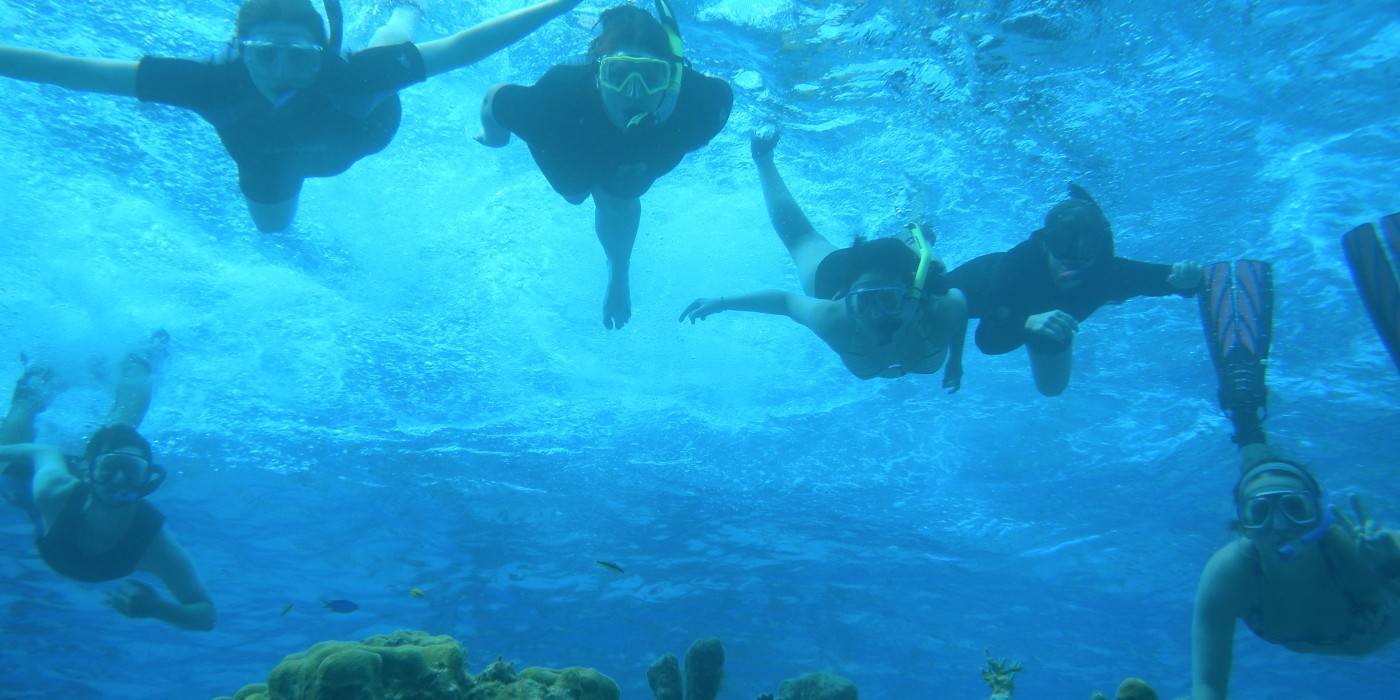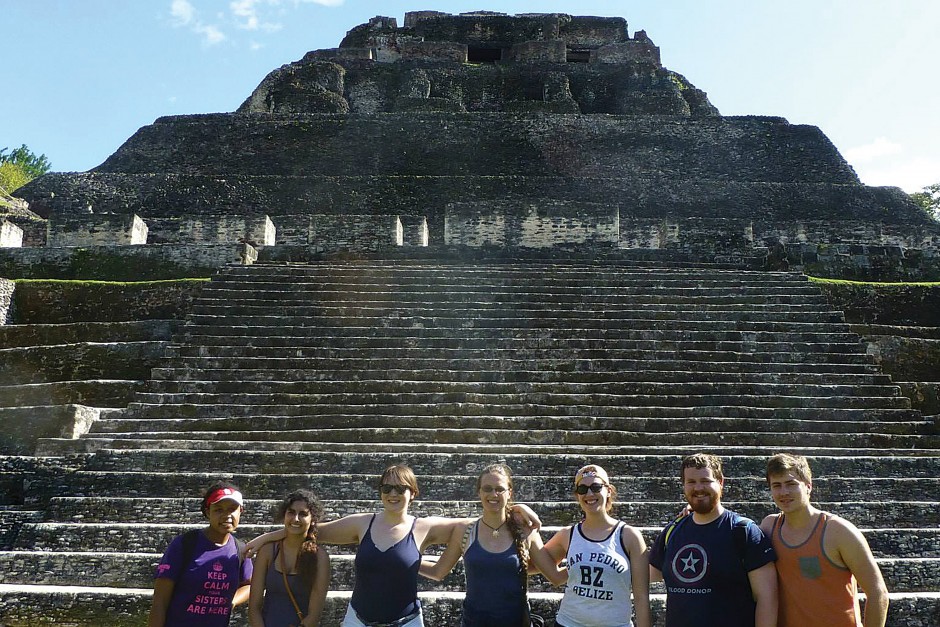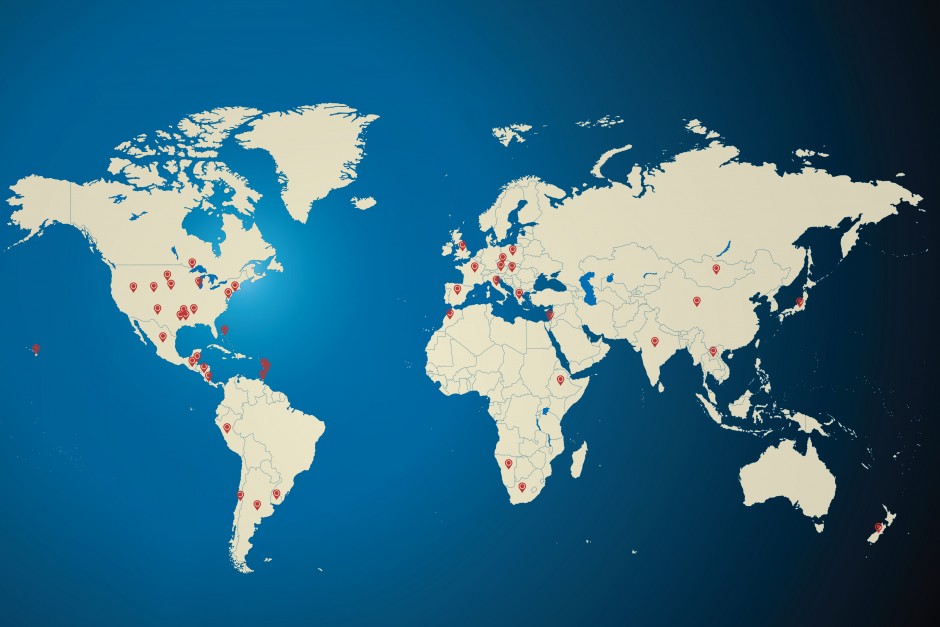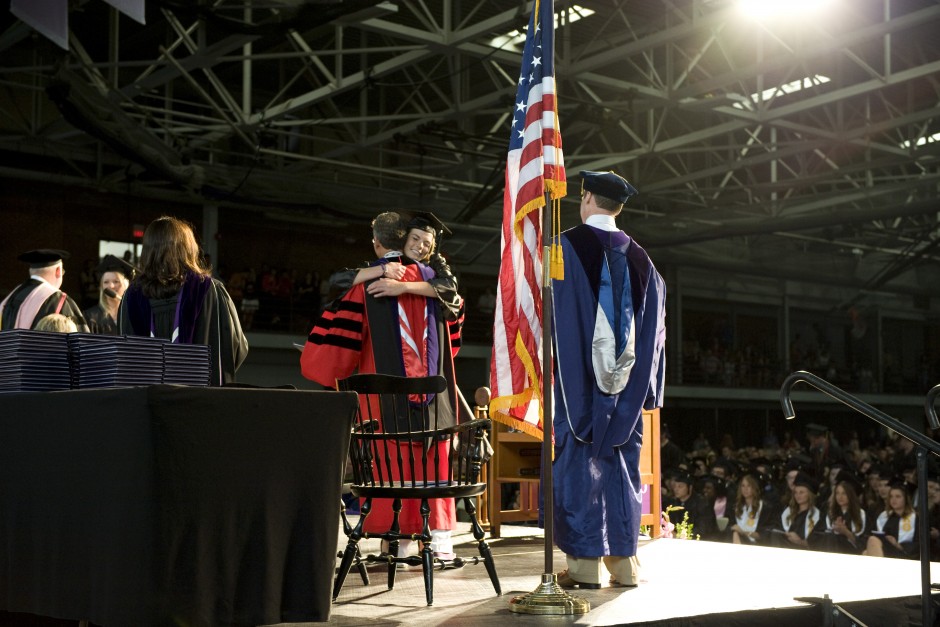Windows on the world
For some, it’s studying the fragile ecosystem along the shore of a frigid lake in the Boundary Waters. For others, it’s learning about an 18th century slave culture as the tropical Western Atlantic Ocean laps against the beach in the Bahamas. For everyone involved, it’s a unique opportunity to learn, to grow, to bond, and to expand. It’s Cornell College off-campus learning, helping students open the book of the world, and preparing them for life in a global society.
Cornell students have had opportunities to participate in off-campus learning for years, but the formal program can trace its roots to the establishment of the Office of International and Off-Campus Studies in 2008.
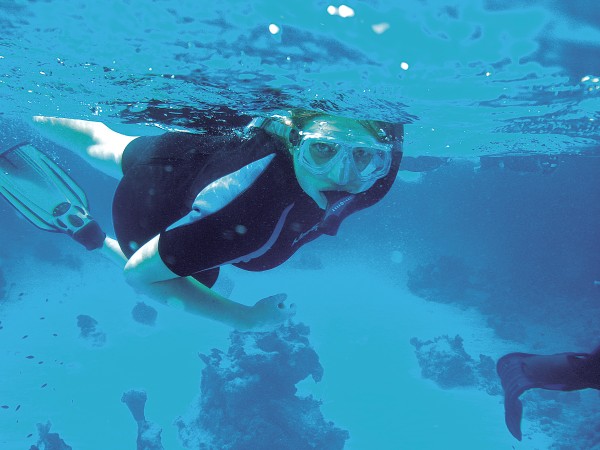
Photo by Ben Greenstein
“Cornell established the position of associate dean with oversight of the office,” says Ben Greenstein, professor of geology and associate dean. “Gayle Luck was the first associate dean with this responsibility. She hired a program coordinator, which made it easier for faculty to develop off-campus courses.”
Charles Connell, professor emeritus of German, says establishing a central office was a major factor in expanding off-campus opportunities.
Every student I knew as an advisor who did an off-campus international program returned more mature, more likely to ask questions, more likely to participate.
—The Rev. Richard Thomas, Professor emeritus, history
“It used to be difficult to do the logistics, arrange accommodations, handle the money, the transportation, and so on. The faculty used to handle that ourselves. It was a lot of work,” Connell says. “The first time I took a group to Germany, we went over the holidays. It was a tour of art, opera, and museums. None of the students was a German major. They wanted a tour of Germany with an informed tour leader.”
During the 2008-09 academic year, the first year of the formalized program, Cornell students studied such diverse topics as West Indian people and culture in Trinidad and Barbados, foundations of education in Greece, and biological problems in Peru.
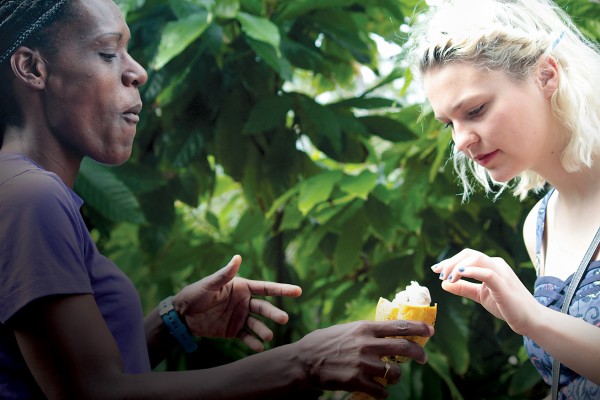
Photo by Devan Baty
Since then, Cornell students and professors have worked together in more than 30 countries and numerous locations in the U.S., including the Boundary Waters of northern Minnesota, presidential libraries, and national parks. Numerous groups have taken courses in Chicago, where Cornell’s McLennan Center serves as a home for Chicago-based learning.
Today, the office helps faculty develop their curricula, assists in making travel arrangements, and works with the registrar to list and monitor the courses.
“It’s a lot of work,” says Greenstein. “Each course is very different, tailored to what the faculty member and the class want to accomplish.”
You cannot substitute anything for global experiences. Being exposed to how others live really changes your view on your own life.
—Gary Menges ’59, established the Gary L. Menges Study Abroad Endowment Fund
Cornell professors design a specific block-long course to be taught in a specific geographical location. For example, Greenstein has made several trips to San Salvador Island in the Bahamas, where he introduces students to the geology of the Bahamas Platform. Art Professor Tony Plaut ’78 takes advantage of the McLennan Center in Chicago, which he uses as a home base for his students who are visiting museums, galleries, and artists’ studios.
“The Chicago experience is a vital component of the senior capstone for studio art majors,” Plaut says. “It provides them direct contact with high-quality contemporary art. This enables them to consider their own studio practice in relation to the current art in one of the great art cities in the country. We conduct this Chicago visit in September with the expectation that it will set the tone for high achievement during their senior year.”
Each year, Cornell hosts a returnee conference, which brings together the faculty and students who have participated in off-campus learning. The purpose of the conference is to give students an opportunity to share their experiences and to encourage a discussion about how to fully integrate off-campus study into a Cornell liberal arts education.
Cornell College off-campus course locations, 2008-2015. You can zoom in and pan the map to see different sites. More information about the courses is available on the Off-campus Studies page.
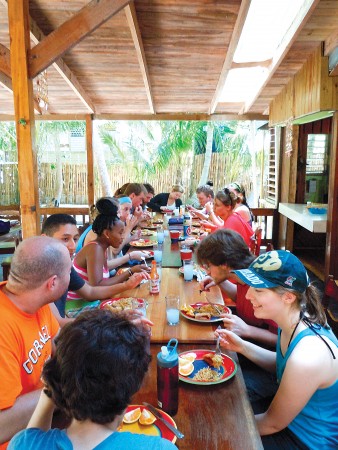
Photo by Craig Tepper
In addition to the McLennan Center in Chicago, Cornell faculty and students take advantage of Cornell’s connection to the Gerace Research Centre, a decommissioned U.S. Navy base operated by the College of the Bahamas. The director of the field station is Tom Rothfus ’99, who first conducted fieldwork there in 1998 with Greenstein and now holds a Ph.D. in paleontology from the University of Chicago. Because of the connections between Cornell and the field station, faculty use it several times a year, often with multiple courses taught simultaneously and in disciplines that include anthropology, biology, English, geology, history, and Latin American studies.
The Bahamas is not the only multiple-course location. During the first block of 2014-15, for example, Ecology, Literature and Arts of the Wilderness, and Wilderness Politics and Policy were all taught at the Wilderness Field Station in the Boundary Waters of Minnesota, another location frequently used for Cornell courses.
Belize, situated on Central America’s Caribbean coast, has also been a popular destination. There, too, students from different courses examine the natural, cultural, and educational environment according to their interests—though not necessarily in the same location.
One student, Elliot Ford ’15 of Brooklyn, Iowa, spent a block in Belize during the spring of 2015 studying West African Peoples and Culture. “It was an anthropology class focused on the Maroon or runaway slave culture,” he says. “We studied a variety of other groups, such as Rastafarians, Gulla, Garifuna, and a few others. We focused on the Garifuna primarily, because they live in Belize.”
We try very hard to make these trips affordable for every student, but when you go to Italy or China, or even the Boundary Waters, it costs money. We’ve had incredible support from some of our alumni, many of whom say their own experiences as undergraduates helped them understand the value of a liberal arts education that embraces the world.
—Ben Greenstein, professor of geology and associate dean
That course was taught by Alfrieta Monagan, anthropology professor and an authority on the cultures of the Caribbean and Latin America. She says off-campus study helps faculty connect with students in ways that don’t happen on campus.
“I get to know my students in a different way,” she says. “It’s very satisfying to introduce students to another culture. It allows me to see the culture through their eyes, and that helps keep it fresh for me.”
Monagan, who says many of her students have gone on to work in the Peace Corps, AmeriCorps, and other service work, thinks students from different majors do well to study together off campus.
“They learn from each other,” Monagan says. “The experience is richer when there is a diverse group.”
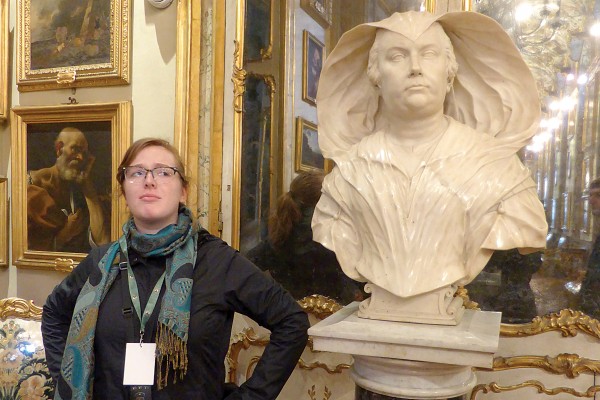
Photo by Christina Penn-Goetsch
Ford agrees. “Our class really bonded, and we became like a family. We spent nearly every waking hour with each other. We all learned about each other. We watched each other’s backs and assisted wherever we could. The real kicker is that none of us really knew each other prior to the trip.”
He says he developed some new interests in subjects about which he knew almost nothing before studying off campus.
“I was introduced to traditional Garifuna drumming in Belize,” Ford says. “I played the drums in high school, so I really connected to this specific feature of the culture. This was the topic of my report for this class. I conducted interviews with locals, watched several performances firsthand, visited a museum which had a section on a particular ceremony which features drums, and I even learned to play them a little bit. The other was being introduced to the Rastafarian religion. I now have a great respect for the religion and culture.”
Many students are able to participate in the off-campus opportunities only because of philanthropic support from Cornell alumni.
“We try very hard to make these trips affordable for every student,” says Greenstein, “but when you go to Italy or China, or even the Boundary Waters, it costs money. We’ve had incredible support from some of our alumni, many of whom say their own experiences as undergraduates helped them understand the value of a liberal arts education that embraces the world.”
Some of the funds arranged by alumni focus on specific fields of study. Jan Thomas ’80, associate provost and professor of sociology at Kenyon College and daughter of Cornell Professor Emeritus of history Richard “Rev” Thomas, spearheaded her family’s establishment of the Richard H. Thomas History Scholar Award.
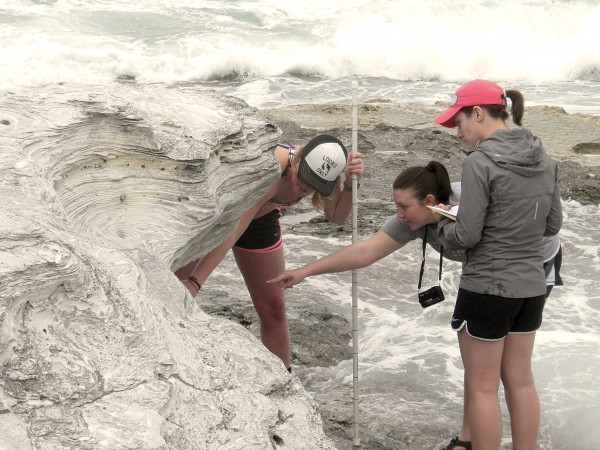
Photo by Ben Greenstein
“We wanted to do something to honor my father’s love of Cornell, history, and his passion for engaging students in historical research,” Jan Thomas says. “In many ways, my father was ahead of his time in this area. Undergraduate research and off-campus study are now widely known as important ‘high impact practices,’ practices that have been shown to increase retention and engagement in students from a variety of backgrounds.
“Beyond the disciplinary knowledge gained, students who engage in research–especially with a faculty mentor–gain critical thinking skills, they develop stronger relationships with mentors, have higher retention and graduation rates, and increased self-confidence,” she adds. “Being involved in research exposes students to how ‘messy’ real research is—things don’t usually go as planned. Students learn problem-solving skills and develop a tolerance for dealing with obstacles—skills that are hard to learn in a traditional classroom setting.”
English Professor Glenn Freeman, who led a group of writing students to the Boundary Waters, has contributed to the national discussion about the benefits of learning off campus. He recently wrote in a scholarly article: “What we do is put students in a position to have meaningful experiences that will help them discover who they are and what they value. We help them pose the big questions they will spend their lives trying to answer. And, hopefully, we give them a few tangible tools along the way. Going into the woods is simply a way to do all of these things: give my students experience, confidence, questions, a foundation, and have some fun along the way.”
Rev. Thomas agrees. “Every student I knew as an advisor who did an off-campus international program returned more self-confident, more mature, more likely to ask questions, more likely to participate,” he says. “Homecoming at Cornell is what I call my harvest season, when I hear their stories about missing a train in Italy, and how they coped with it. That’s when I hear stories about how ‘I’ve never looked at architecture the same way since our Chicago trip.’”
Going into the woods is simply a way to give my students experience, confidence, questions, a foundation, and have some fun along the way.
—Glenn Freeman, associate professor of English
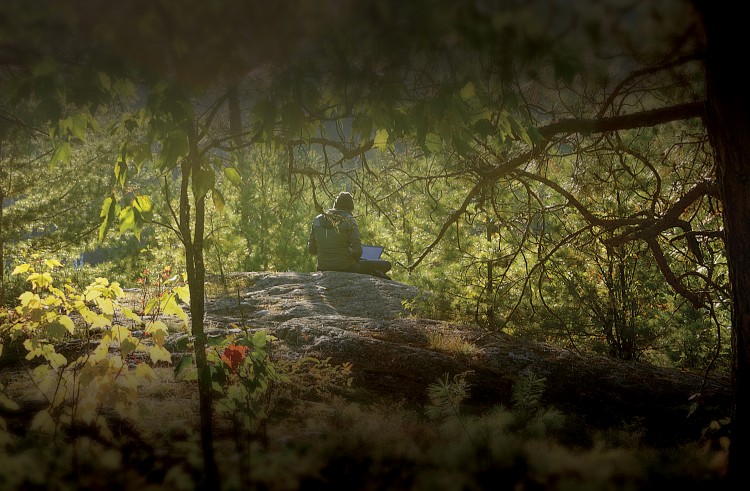
Photo by Emily Wyler ’16
Echoing Thomas’s sentiments is Connell, a professor emeritus who taught German at Cornell for 44 years. Connell set up a fund to honor his late wife, Felicitas. When his children heard of it, they encouraged him to expand it to become the the Connell Family International Off-Campus Study Endowment Fund.
“We’ve endowed it with $3,000 for each of the 44 years I taught at Cornell,” Connell says. “When I was teaching, I also served on the committee that distributed the financial aid to students for off-campus study. I saw firsthand the need for assistance to allow these students to go abroad.
“Global experiences have never been more important,” he says. “International study is like the leaven in the bread. People who study abroad know the rest of the world isn’t always going to respond the way we think they should or react the way we want them to. For example, in the Middle East, we’ve been very naïve and made some mistakes. I think that’s due in part to the fact that we don’t have enough Arabists who know that culture. Better-informed citizenry is always good.”
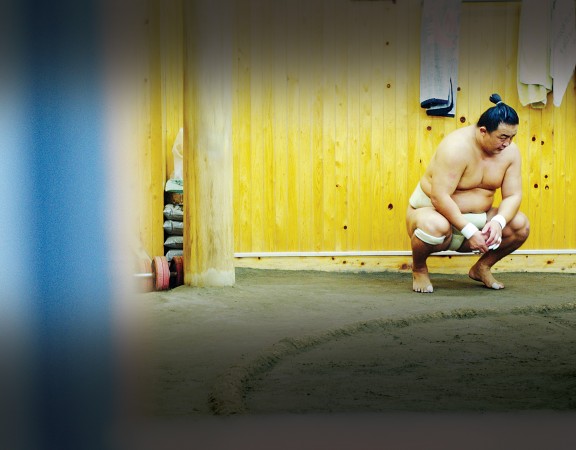
Photo by Laurel Fraser ’16
A Cornell alumnus who is committed to financially supporting off-campus study is Gary Menges ’59, who spent his career as an academic librarian at major research universities. Menges has established the Gary L. Menges Study Abroad Endowment Fund.
“I’ve always loved to travel,” he says. “I’ve spent an average of 95 days a year traveling since I retired. You cannot substitute anything for global experiences,” he says. “Being exposed to how others live really changes your view on your own life. For example, I was struck in my early travels at how people viewed the U.S. as a very violent society.
“You learn to appreciate your own life. On a trip to Cuba, I saw firsthand the impact of the U.S. trade embargo. They couldn’t even get aspirin. On the other hand, you also see the most ennobling aspects of our society. You can’t look at Machu Picchu or the Taj Mahal or the pyramids and not get a sense of wonder about what humans can achieve.”
Being involved in research exposes students to how ‘messy’ real research is— things don’t usually go as planned. Students learn problem-solving skills and develop a tolerance for dealing with obstacles.
—Jan Thomas ’80, associate provost and professor of sociology, Kenyon College
Menges says the One Course At A Time curriculum enables some students who would never be able to study abroad to do so.
“A semester abroad is a wonderful experience,” he says, “but it’s a big commitment of time and money. For Cornell students to be able to study abroad for a block opens up many new opportunities for them to experience the world.”
Lorraine Roge-Jones ’15, from Sioux City, Iowa, has spent five blocks studying off campus, visiting France, the Bahamas, Panama, Belize, and the Boundary Waters.
“The most significant learning experiences I’ve had come from interactions with locals while abroad,” she says. “You are immersed in the course 24/7, and you never learn just the intended course material.
“I believe that all of my off-campus courses have shaped me into a more experienced and intellectual person. Living in another country to learn a language or culture requires you to be independent and resourceful. Traveling to study biology, on the other hand, allows you to combine many aspects of science with local beliefs and customs, and allows for situations to be viewed from new perspectives. This integration of previously unrelated subjects definitely qualifies as intellectual growth.”
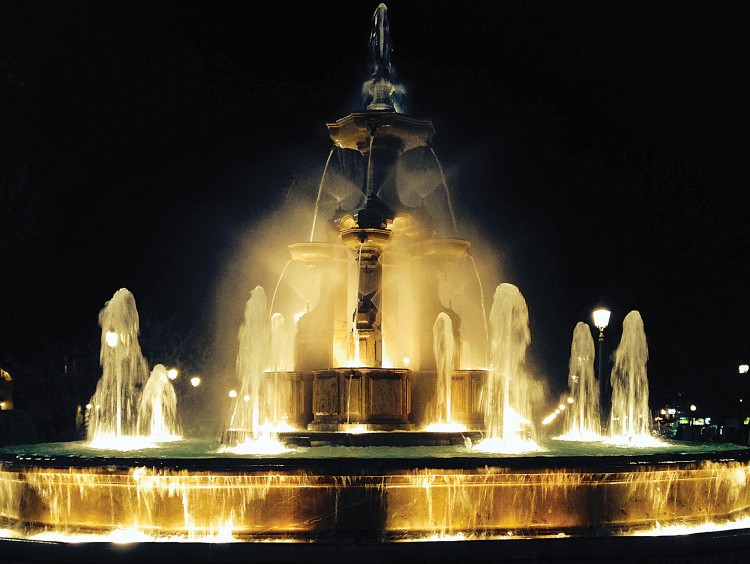
While off-campus study has a profound impact on the students who participate, they often give back as well, leaving a little bit of Cornell behind, as Ford points out about his trip to Belize.
“I understand that our country is significantly wealthier than Belize, but the conditions of the school buildings and the supplies for the students and faculty left much to be desired. I was so happy to learn that the Cornell education class that went to Belize at the same time we did is starting a group on campus to send suitcases full of school supplies with study abroad groups in the future.”
Because of Cornell’s resources, French Professor Devan Baty says she is teaching exactly the kinds of courses she would have wanted as a student, offering them in French-speaking regions including France, Canada, Morocco, and Martinique. “Having the chance to develop on-site French courses in contexts such as Morocco and Martinique is an amazing opportunity,” she says. “These are the kinds of courses I wish I could have taken when I was a language student.”
With support from the Cornell administration, and, importantly, from Cornell alumni, the college will continue to expand those “kinds of courses I wish I could have taken” to more and more Cornell students in the years ahead.
Steve Maravetz lives in Mount Vernon, Iowa, which he says is the best place in the world.

